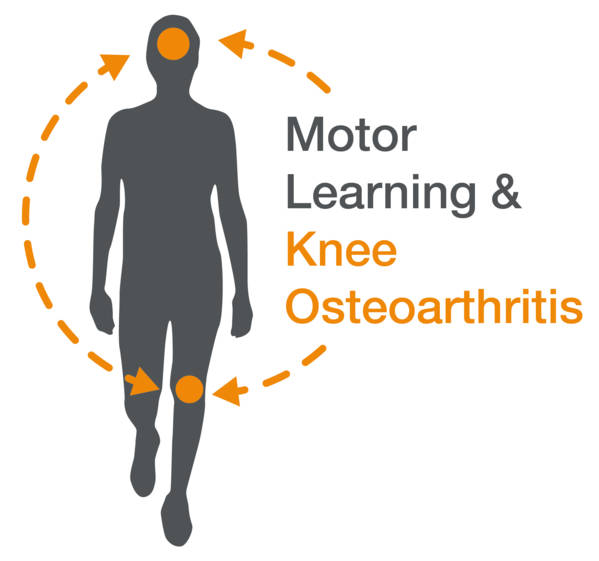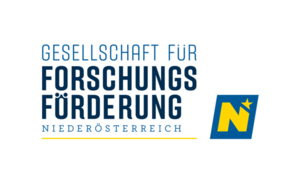Investigating a new treatment approach for patients with knee osteoarthritis

Knee osteoarthritis
Knee osteoarthritis is a degenerative disease with a prominent inflammatory component that causes restrictions in everyday life activities. In the short-term, exercise therapy already shows excellent effects regarding reduced pain and improved knee function. However, mid- and long-term effects are lacking so far, which might indicate that long-lasting changes in motor-skill performance have not occurred.
Motor Learning
Motor Learning (ML) deals with long-lasting improvements in motor skill performance. In the rehabilitative context, this can be considered a key factor in order to (re-)learn specific movement patterns or adopt movement patterns after injuries to the central nervous system or musculoskeletal system. Further, motor learning is associated with permanent changes in the capability for skilled movement behaviour so that unfavourable joint loads and inappropriate muscle activation patterns can be avoided.
Two different modalities typically used in rehabilitation settings have already been demonstrated to foster ML: optimizing practice conditions and a targeted use of instructions and feedback when learning specific movement patterns. In patients with anterior cruciate ligament (ACL) deficient knees, the implementation of targeted instructions and feedback has shown to lead to safer movement patterns regarding jump performance, which might be critical to prevent re-injuries. These findings could also be relevant for people with knee osteoarthritis, who show comparable functional impairments and changes in the central nervous system.
A new treatment approach
The aim of this project is to investigate the short- and mid-term effects of a ML based neuromuscular training program compared to a conventional neuromuscular training program on pain, knee function and biomechanics in patients with mild to moderate knee osteoarthritis. Participants will be randomly assigned to either the intervention or the control group. Both groups will receive the same group-based rehabilitation program including neuromuscular exercises for the knee and hip muscles, but with differing instructions and feedback. The rehabilitation program will be supervised by experienced physiotherapists and will last 6 weeks. This period will be followed by another 6 weeks of home-based training.
- Univ. Prof. Dr. Stefan Nehrer (Danube University Krems)
- Dr. Andreas Kranzl (Orthopaedic Hospital Vienna-Speising)
- Univ. Prof. Dr. Patrick Platzer (Universitätsklinikum St. Pölten)



